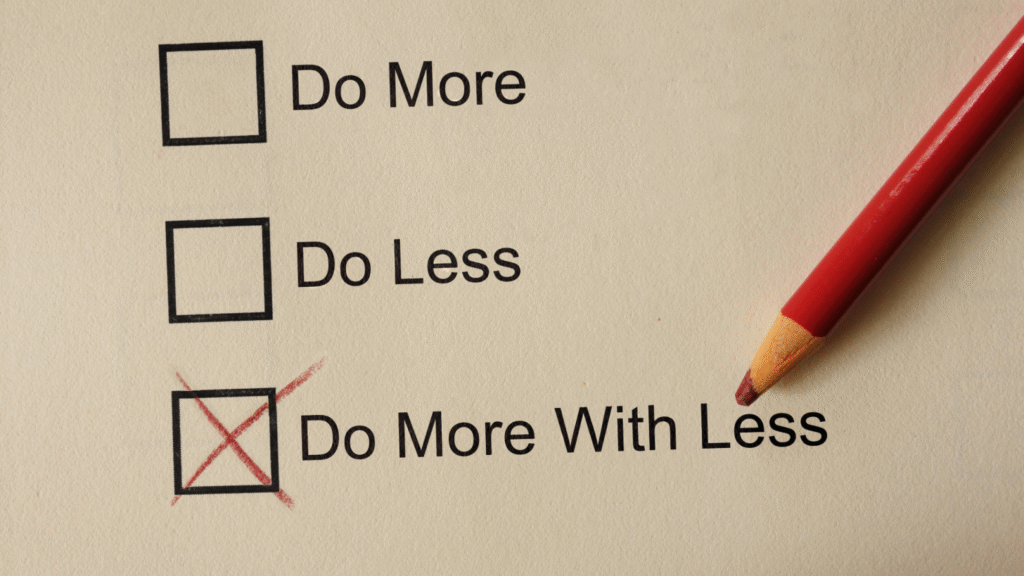New Zealand tax law has a little-known special opt-out rule that lets you exclude small rental income from tax entirely.
This rule is designed for situations where you sometimes rent out a property that you also use privately. If you qualify, you can:
- Skip reporting it to the IRD;
- Treat this income as exempt; and
- Avoid filing an income tax return for it.
The rule is called the de minimis opt-out rule. De minimis is a Latin phrase meaning ‘too small to bother with.’ In tax, it applies where the amounts are so minor that IRD says you can safely ignore them. Put simply, if your rental income is under the threshold, IRD considers it trivial enough that you don’t need to report it at all.
Even better, this threshold:
- Excludes income already deemed “exempt income” such as mates-rates rentals under market value or token rent from family.
- Applies to other assets you rent out occasionally, including holiday homes, boats, ships, aircraft or even a quadbike in a holiday home.
This is essentially a rule to save you the hassle of accounting for minor rental activity.

What I’ll Cover
In this article, I’ll walk you through exactly how it works, who can use it, and the common mistakes to avoid.
Here’s what I’ll cover:
- Why IRD allows this $0 tax rule
- How the method works
- Who qualifies (and who doesn’t)
- Seven common mistakes to avoid
- My personal advice
Why IRD Allows This $0 Tax Rule
The compliance costs of tracking, reporting, and taxing very small amounts of rental income often outweigh the tax collected. IRD recognises this and uses the de minimis opt-out to simplify tax obligations.
The idea behind this rule is efficiency. The compliance cost of tracking, reporting and taxing very small amounts of rent often outweighs the tax collected. Rather than forcing taxpayers to file returns for trivial sums, IRD effectively says anything under $4,000 a year isn’t worth the hassle – for you or for them. It keeps life simpler on both sides.
This keeps administration simpler for taxpayers and for IRD itself.
How The $4,000 Opt-Out Method Works
This rule is part of the mixed-use asset regime. A mixed-use asset is defined as an asset that is used both for income-earning purposes and for private use, and is not in use for at least 62 days in the income year.
Here’s how it applies in practice:
- If your gross rental income (before expenses) from a property is under $4,000 in a year, you can elect to use the de minimis opt-out.
- Once elected, the income is treated as exempt. You cannot claim related deductions because the income itself is ignored for tax purposes.
- The opt-out applies on a property-by-property basis, not across your total portfolio.
This means you might use it for one small rental (like a holiday home you occasionally rent out) while reporting income from another property under normal tax rules.
Example: If you rent out the family bach for just a couple of weekends, earning say $3,000 in total, you can choose to opt out and not return this income at all. You will not report this income for tax purposes, and you cannot claim any related expenses as deductions.
Even if you don’t have to file this income, you should still keep records to prove you stayed under the threshold
Keep in mind: If you opt out, you cannot claim any expenses or depreciation for that property for the year (since you’re not declaring the income either). This method is best when your rental income is truly minor. It spares you from filing and paying tax on a few thousand dollars of rent, as long as you’re willing to also forego claiming costs.
Who Qualifies (And Who Doesn’t)
You can opt-out if your gross income for the tax year from the income-earning use of the asset is less than $4,000.
The rule applies to any:
- property, regardless of cost price or current value
- aircraft, ship, boat or craft used for navigation on or under the water which had a cost or market value of $50,000 or more when you bought it
- additional item or accessory relating to the asset, for example a quad bike stored at a holiday home.
The rules do not apply to a:
- residential property used for long-term rental
- business asset where the private use is minor, for example once a year
- home office where your expense claim is based on floor area
- room in your home rented out for short-term stays.
These are known as excluded assets.
Refer to the Income Tax Act 2007, sections DG 21 and CW 8B, for more detailed information on the de minimis opt-out rule.
Seven Common Mistakes To Avoid
- The rule cannot be applied to holiday homes owned by companies.
- The $4,000 threshold refers to the gross income derived from the asset, not net income after expenses.
- Forgetting record keeping: Even if opting out, you still need to keep records to show you were eligible for the opt-out. Tax law requires records to be kept for at least 7 years for any income and expenses even if the income is exempt
- Trying to double dip: If you opt out, you can’t also claim deductions. It’s one or the other.
- If your rental income might exceed $4,000, then you wouldn’t qualify for this exemption and would need to use the standard tax rules that year.
- Incorrectly allocating income vs private use: Be careful to distinguish private use days from income-earning days. If you count personal use as rental income (or vice versa), you could miscalculate whether you’re under the $4,000. For instance, renting to friends at ‘mates’ rates’ should be treated as private use (exempt income), not income-earning – if you counted it wrongly, your gross income might appear higher than it really is and you’d wrongly disqualify yourself.
- Ignoring filing a tax return if you have other income. You can only avoid filing a return for this rental income if it’s your only untaxed activity and you have no other income requiring a tax return. If you earn other income (like business, overseas, or untaxed income), you still need to file: just leave this exempt rental income out.
My Personal Advice
The de minimis opt-out is a helpful rule if you’re earning only small amounts of rental income.
It saves you the cost and hassle of compliance for what IRD considers trivial. This opt-out works best for assets that you primarily use privately, with only occasional rental income. It’s ideal when the income is small (not worth the compliance hassle) and you’re comfortable not claiming any expenses because they’d likely exceed or equal that tiny income anyway.
Think of this as a simplicity rule, not a tax strategy. It exists to save you time and paperwork, not to optimise rental property investment. If you’re serious about rental property as an investment, you’ll usually be better off declaring the income and claiming deductions, even if it’s just over the threshold. Always choose the approach that makes sense for your situation – and when in doubt, get advice.
Want To Learn More Tax Tips Like This?
I talk about taxes, business and property, and aim to make tax simple for everyday New Zealanders.
Sign-up to my newsletter: Tax Made Simple

